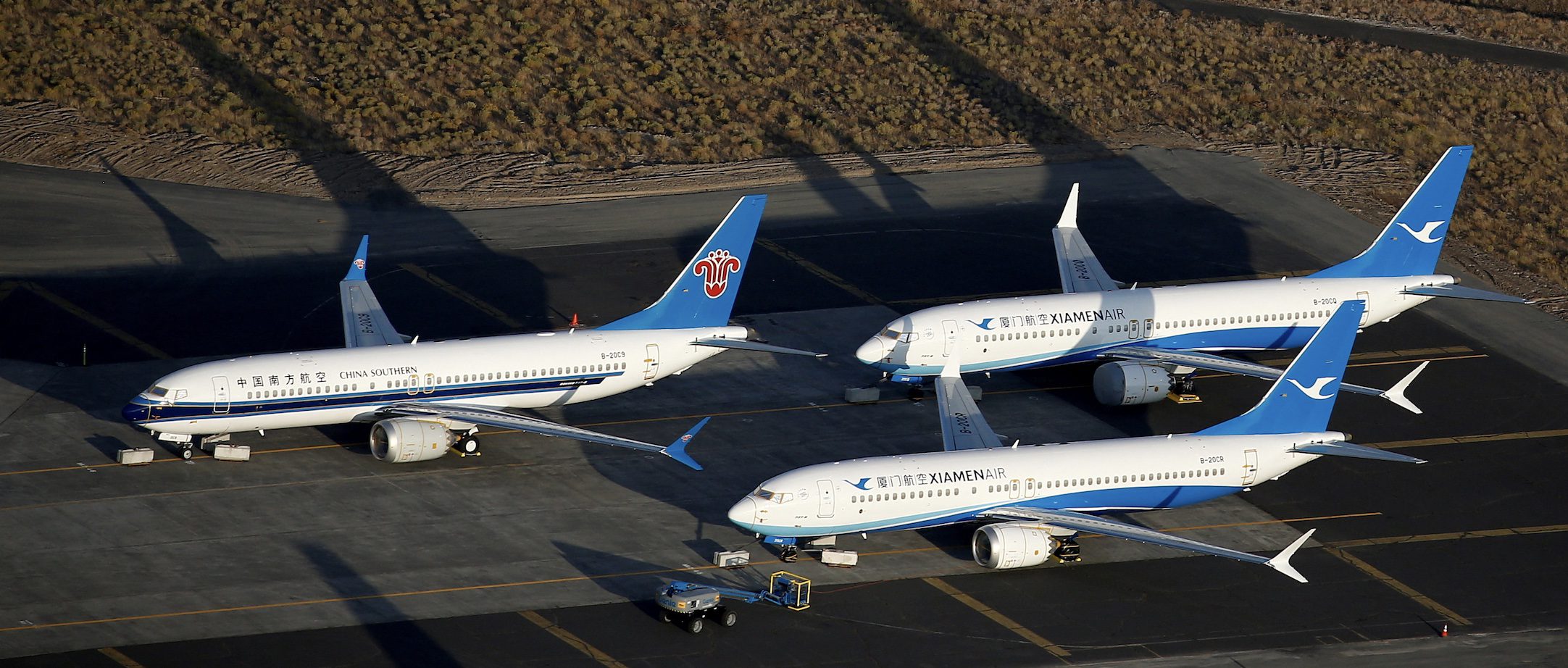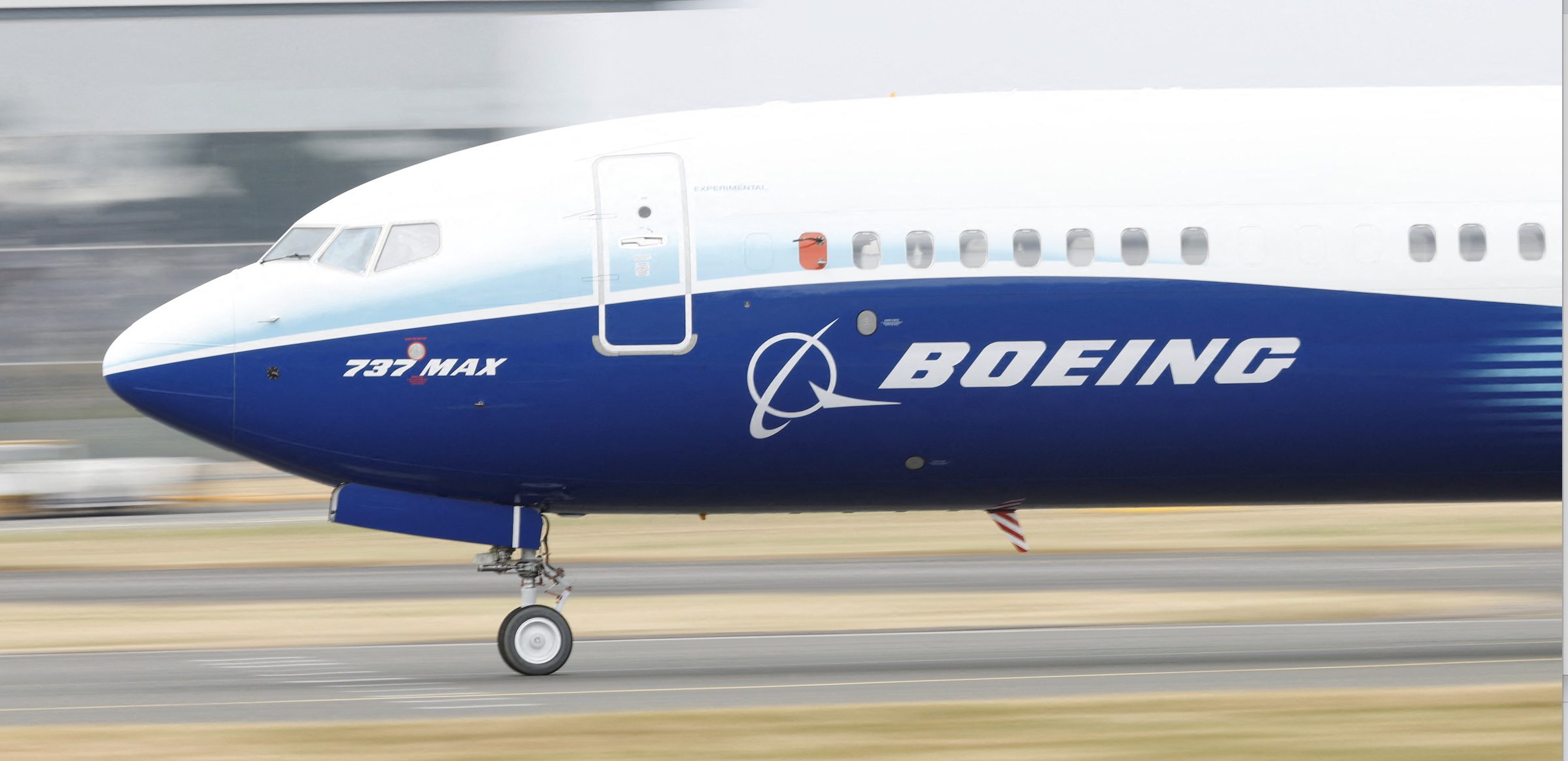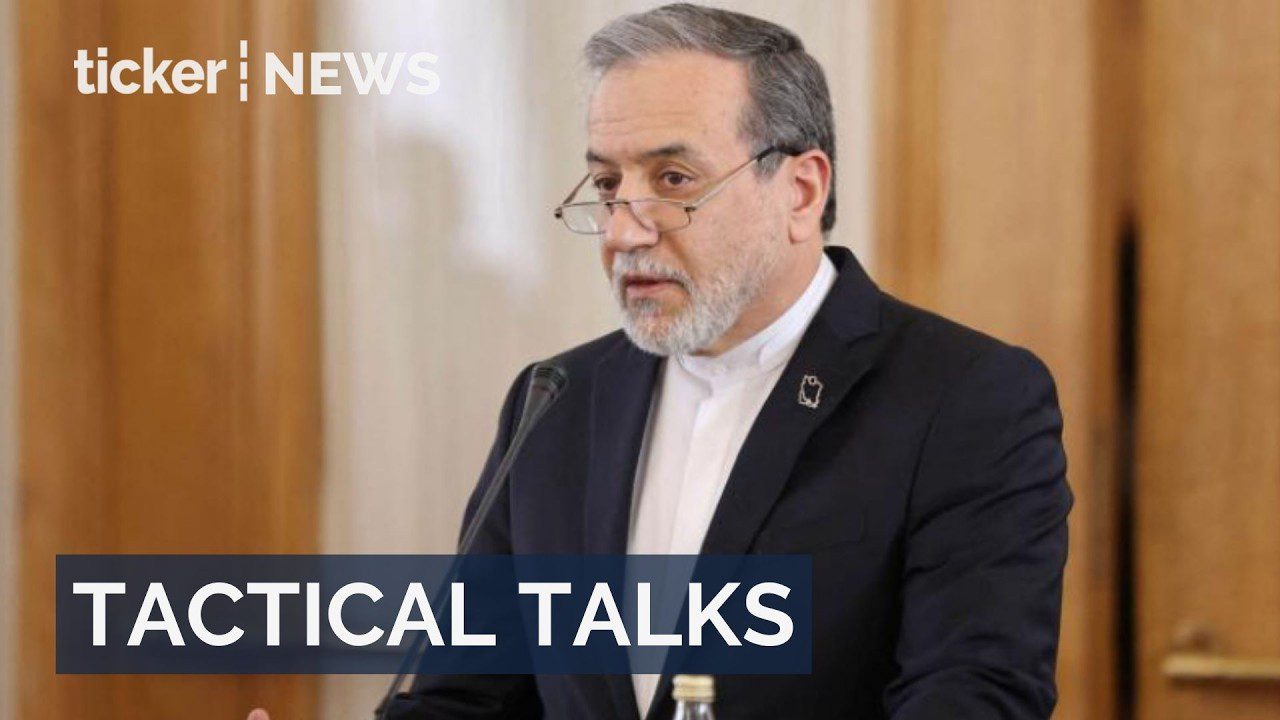News
FAA recommends inspection of more Boeing jets

News
Jesse Jackson dies at 84 civil rights leader and presidential candidate
Civil rights leader Jesse Jackson, 84, dies, leaving a legacy in equality advocacy and global diplomacy.
News
Iran and U.S. reach preliminary nuclear agreement in Geneva
Iran and the US report initial progress in Geneva nuclear talks, agreeing on guiding principles but needing further negotiations.
News
Oscar winner Robert Duvall dies aged 95 leaving a towering legacy
Oscar-winning actor Robert Duvall, 95, dies, leaving a legacy that shaped modern cinema with iconic roles.
-



 Shows3 days ago
Shows3 days agoReal estate insights: Technology changes and trust remain
-



 News3 days ago
News3 days agoOne Nation matches coalition as Liberal backing slides
-



 Tech3 days ago
Tech3 days agoCrew-12 astronauts arrive at the International Space Station
-



 News5 days ago
News5 days agoSheriff Nanos dismisses evidence claims in Nancy Guthrie case update
-



 Money3 days ago
Money3 days agoAI fears rattle global markets and investors
-



 Shows3 days ago
Shows3 days agoMedicinal Cannabis reform: Patient demand vs regulatory hurdles in Australia
-



 Ticker Views3 days ago
Ticker Views3 days agoGlobal rallies show support for Iran as sanctions and tensions rise
-



 Ticker Views2 days ago
Ticker Views2 days agoTrump scraps key climate law, U.S. emissions regulation at risk







